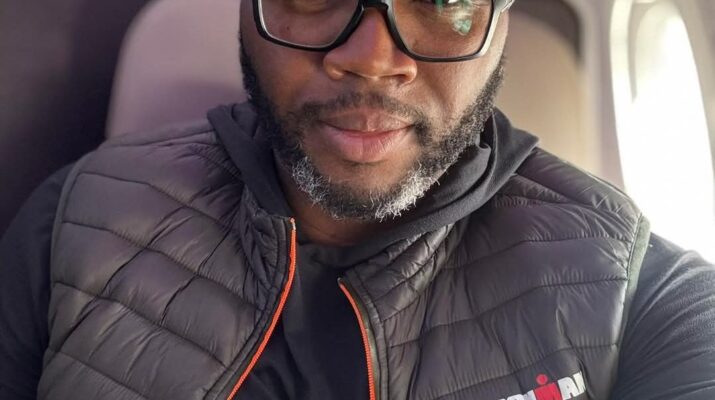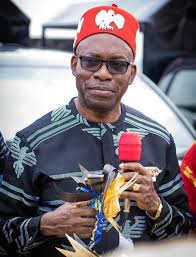Jason Njoku, the founder of iROKOtv, has opened up about the streaming platform’s difficult journey and eventual exit from the Nigerian market after more than a decade of trying to build a sustainable business.
In a candid post on his blog, Njoku.org, the serial entrepreneur reflected on iROKOtv’s 15-year journey, calling their $100 million investment in Nigeria “a costly mistake” that taught him hard but valuable lessons about business in Africa’s challenging tech landscape.
Launched in 2011 and targeting the Nigerian audience by 2015, iROKOtv was backed by global investors including Tiger Global, the same firm that invested in Netflix in its early years. Despite the initial promise, Njoku admitted that iROKOtv operated in “full survival mode” for most of its existence, struggling against fierce competition from deep-pocketed global players like Netflix, Amazon, Showmax, and Iflix.
The article, titled “Streaming in Nigeria. Did the Market Win?”, was originally published in March 2025, but it’s now gaining renewed attention following reports of a court-ordered freeze on Njoku’s bank accounts amid a debt crisis.
“The Market Won” – Not the Competition
Njoku explained that while iROKOtv had strong early traction among the Nigerian diaspora, entering the local market came with monumental challenges: high data costs, poor payment infrastructure, and low per capita income.
“We weren’t winning; we weren’t really losing either. We were just there, in full survival mode,” Njoku wrote. “Streaming, even domestically, is a scale game—and in Nigeria, the economics just didn’t add up.”
He recalled raising over $35 million in venture capital and spending over $100 million across 10 years. Despite the aggressive push—via kiosks, call centers, and Android app downloads—the platform never gained the traction needed to become profitable.
A Difficult Realization and a Strategic Pivot
In 2019, iROKOtv attempted a major fundraising round, seeking $10–20 million to expand across Africa. Instead, investors gravitated toward ROK Studios—iROKOtv’s content arm, which produced original Nollywood content and licensed it to platforms like DStv, Sky, and Canal+.
The result? A $25 million partial exit deal with Canal+ that saw iROKO offload its stake in ROK Studios. By the end of 2019, the company had distributed $5 million in dividends and seemed poised for growth.
Then came COVID-19.
While streaming boomed globally, Nigeria’s economy faltered under lockdowns, devaluations, and FX restrictions. Njoku said iROKOtv stubbornly kept investing in Nigeria, burning through post-exit capital in the process. Crowdfunding and a potential London Stock Exchange listing were considered—but ultimately, they exited the Nigerian market entirely in 2023.
“We haven’t processed any Naira payments in almost two years,” Njoku admitted.
Streaming Wasn’t the Future of Nollywood
Reflecting on the company’s journey, Njoku concluded that streaming wasn’t the right business model for Nollywood in Nigeria. Instead, content creation and licensing, like what ROK was doing, was far more profitable and sustainable.
“In hindsight, iROKOtv could have reached the same conclusions with $5–10 million, instead of the $100 million+ we ended up investing,” he wrote. “With GDP per capita around $2,000, a $5/month subscription was a luxury most Nigerians couldn’t afford.”
He also noted that even global giants like Amazon and Netflix are scaling back in Nigeria, while local pay-TV platforms like GOtv and DStv continue to struggle with market realities.
A Hard-Won Lesson for African Founders
Njoku’s story is also a cautionary tale for other startup founders. He emphasized the danger of over-raising and misjudging unit economics—lessons he also tried to pass on to others like Obi Ozor of Kobo360.
“My lessons were expensive,” Njoku wrote. “It’s only with deep, lived experience that I can now glance at unit economics and get a feel for whether a startup really has a shot at long-term success.”
As Nigeria continues to pose significant challenges for digital platforms, Njoku’s reflections offer a rare and honest insight into what it really takes to build—and walk away from a tech business in one of Africa’s toughest markets.




